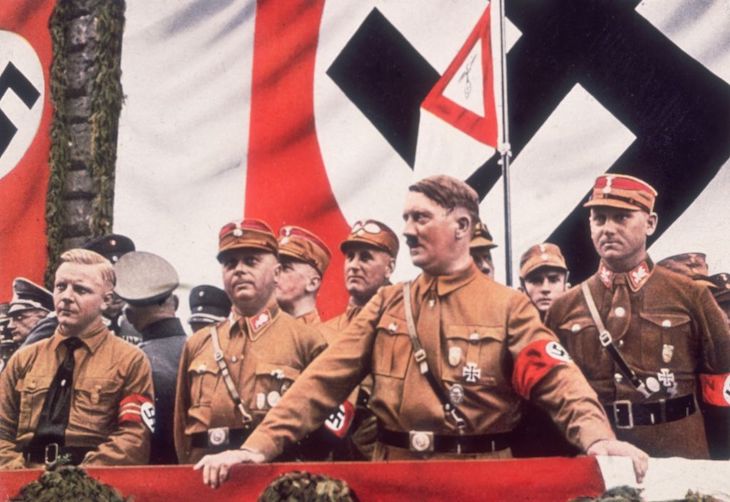‘Spiritual nature, like bodily nature, will be served; deny it food and it will gobble poison,’ C.S. Lewis famously said. In western countries, organised religion has been declining for the last two centuries; Friedrich Nietzsche even declared that ‘God is dead’. Does the decline and fall of religion have political consequences? Can totalitarian ideology grow in the void left by religion?
To find the answer, it’s worth looking to 1930s Germany.
Already a subscriber? Log in
Subscribe for just $2 a week
Try a month of The Spectator Australia absolutely free and without commitment. Not only that but – if you choose to continue – you’ll pay just $2 a week for your first year.
- Unlimited access to spectator.com.au and app
- The weekly edition on the Spectator Australia app
- Spectator podcasts and newsletters
- Full access to spectator.co.uk
Or




















Comments
Don't miss out
Join the conversation with other Spectator Australia readers. Subscribe to leave a comment.
SUBSCRIBEAlready a subscriber? Log in